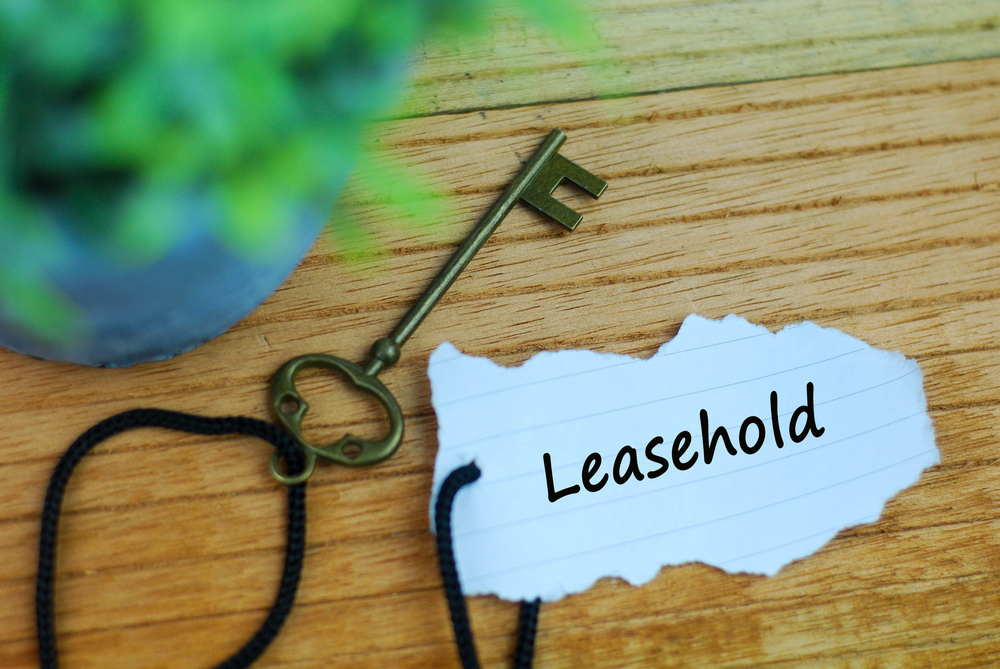
A Propertymark-supported amendment that aimed to bolster support for leaseholders in unsafe buildings failed to gain approval in the House of Lords this week.
The agency trade body had supported an amendment to the Levelling Up and Regeneration Bill in the House of Lords as it proceeds through Parliament.
The Earl of Lytton had put forward an amendment to establish a Building Safety Remediation Scheme to ensure the cost of repairs focuses on individuals responsible for building safety risks arising from non-compliant products or construction practices.
The scheme would be funded through a levy on the construction industry and would apply to buildings of all heights, not just those over 11 metres tall, as cladding protections currently do.
Henry Griffith, policy and campaigns officer at Propertymark, said at the time that these proposals would “help lead to greater confidence in the buying and selling of property in high-rise buildings.”
Responding to the amendment on Monday evening, Baroness Scott of Bybrook, who is Parliamentary Under-Secretary of State in the Department for Levelling Up, Housing and Communities, said the views of the independent experts are that “there is no systematic risk” in buildings under 11 metres.
She added: “However, we continue to look at these on a case-by-case basis and provide any help to those leaseholders accordingly.”
Baroness Scott highlighted that the Government has established a building safety levy and said the “recovery strategy unit is litigating against large freeholders.”
The amendment was withdrawn amid time issues but Lord Lytton said he was disappointed.
Speaking in the House of Lords, he said: “The fact of the matter is that a very large number of flats are excluded.
“There is no prospect of any early protection from costs that their owners are not responsible for. Litigation against freeholders is all very well, provided that the freeholders were those who were responsible for the problem in the first place.
“But if they are not, because they just happen to be from a pension fund that picked it up along the way, no doubt relying on the same sign-off and building warranties as all the occupiers, then I have to say that this looks like the Government plucking at low-hanging fruit for the purposes of PR and marketing.
“I am sorry, but I do not buy the principle that letting others off the hook should necessitate going after people who may themselves be, beyond peradventure, innocent.”





























Join the conversation
Be the first to comment (please use the comment box below)
Please login to comment